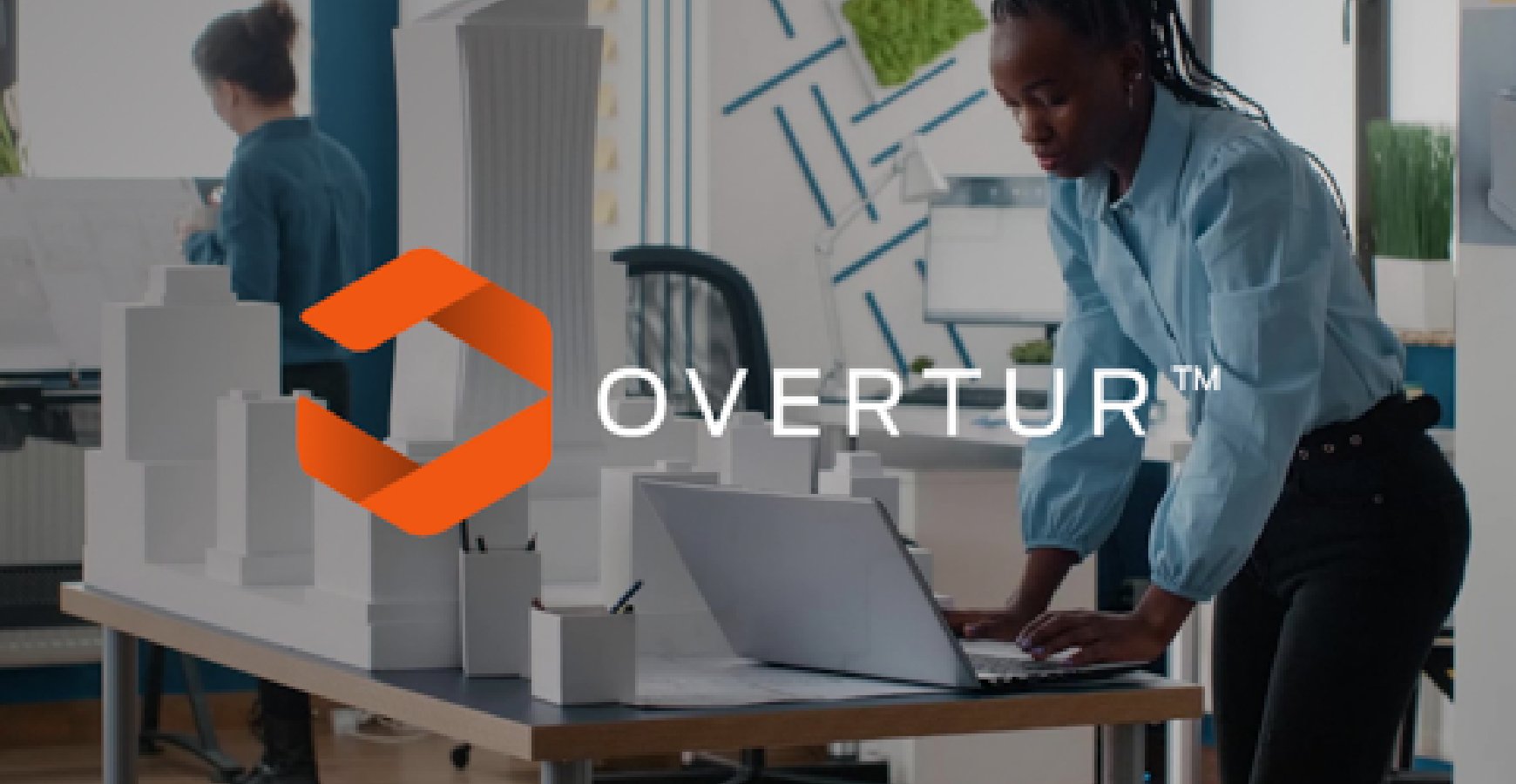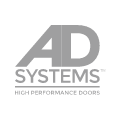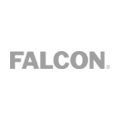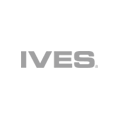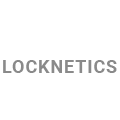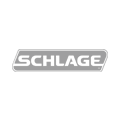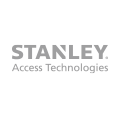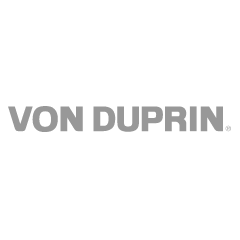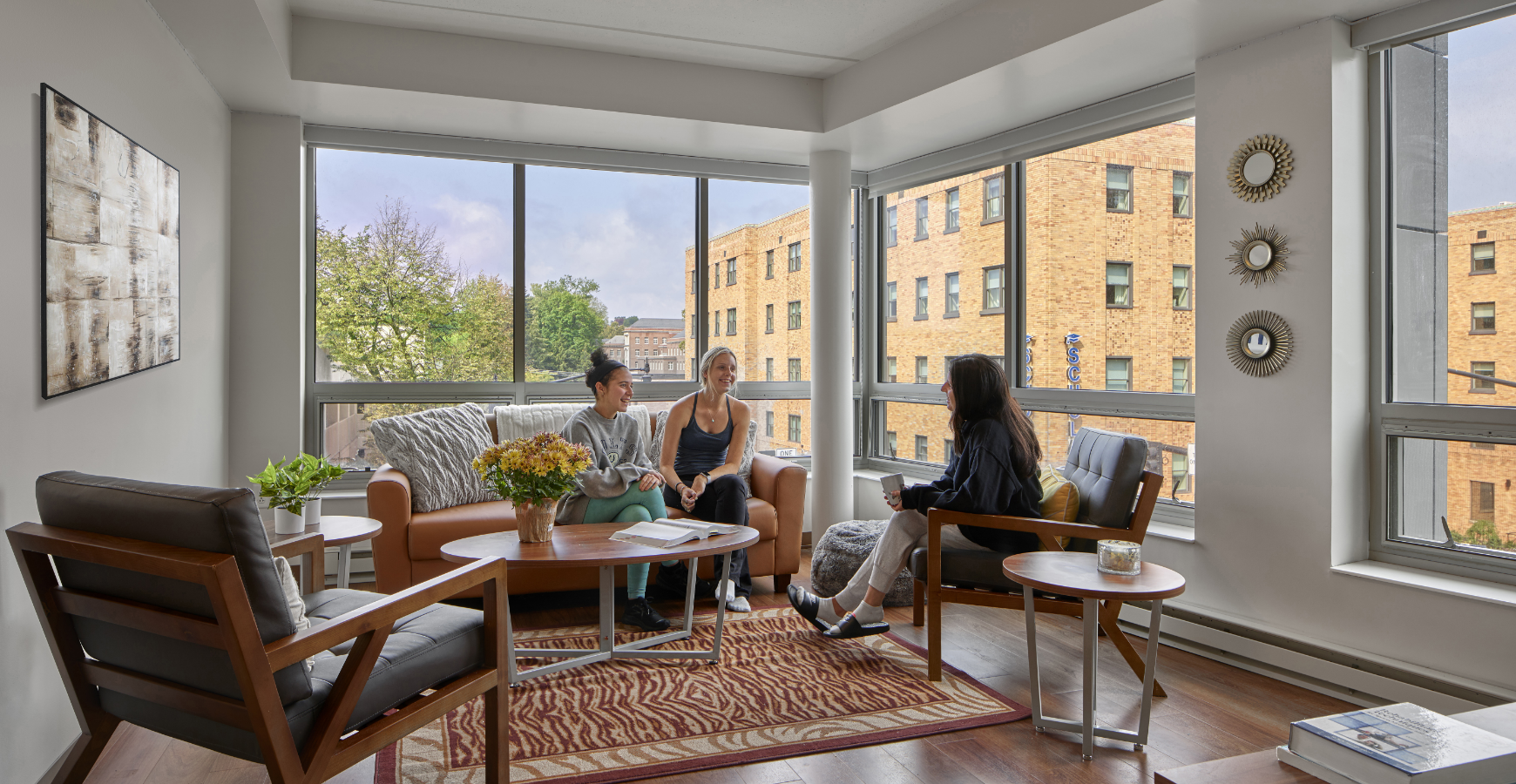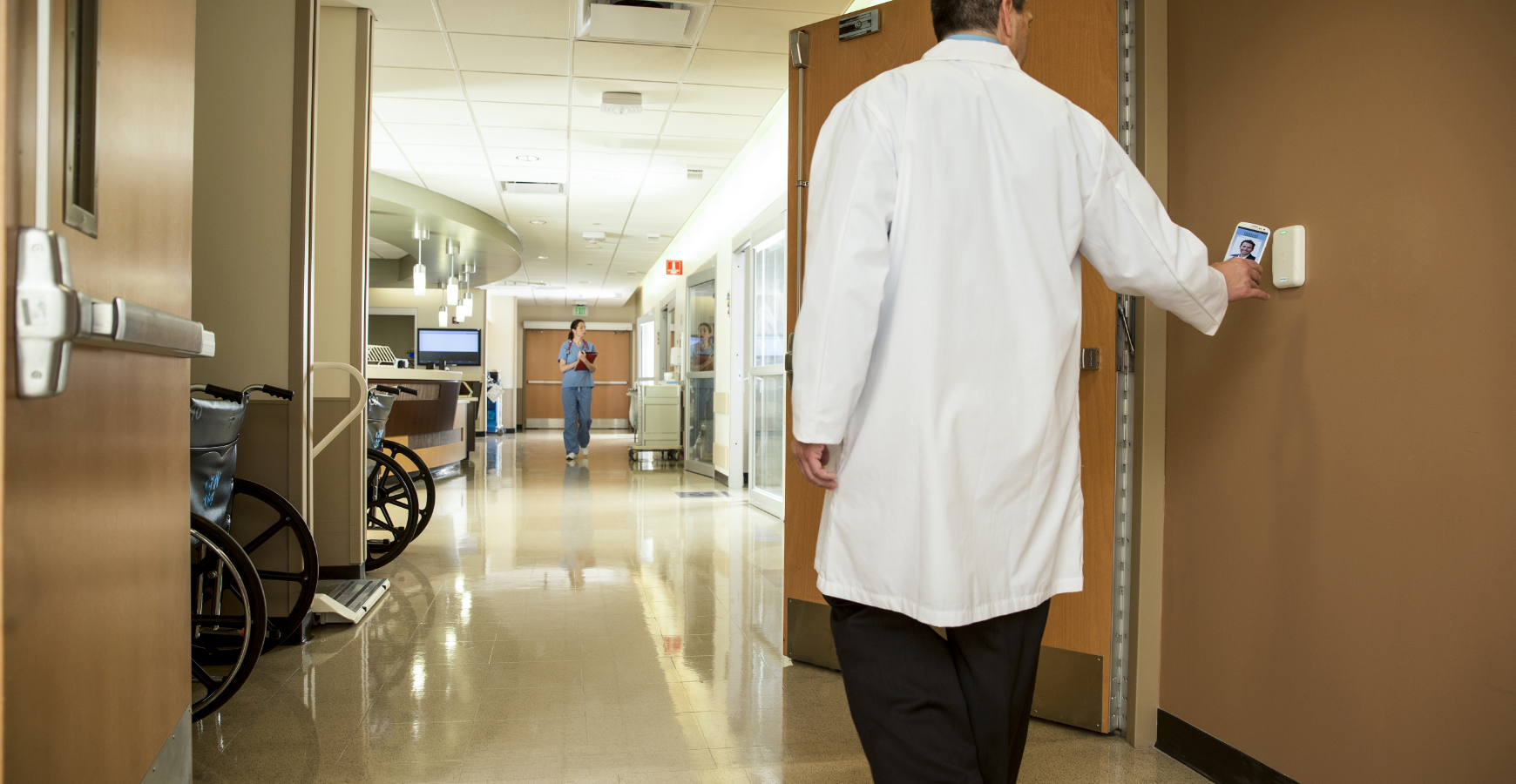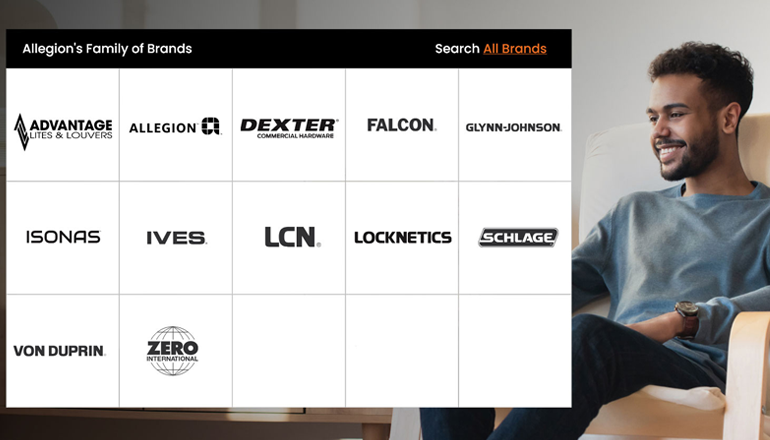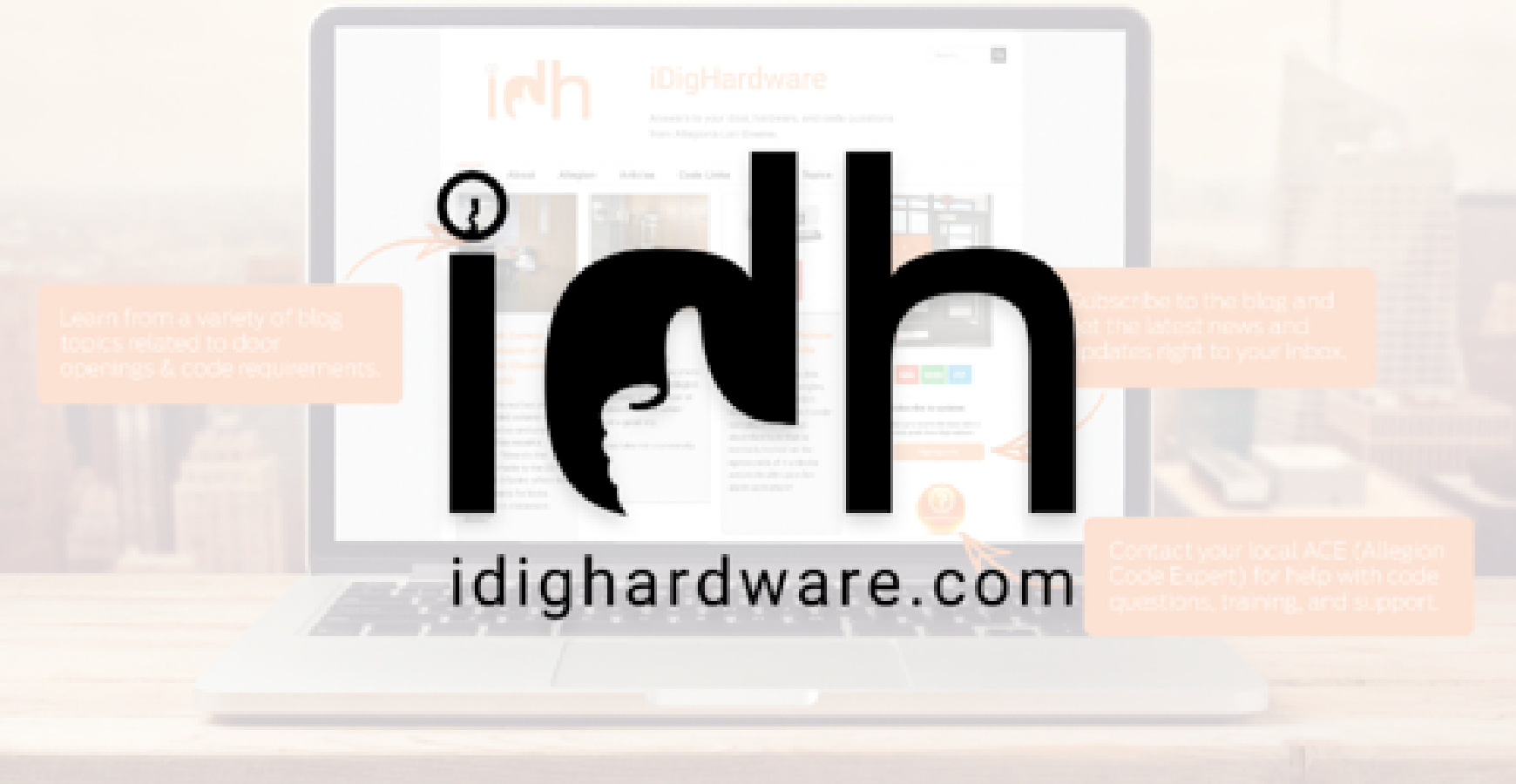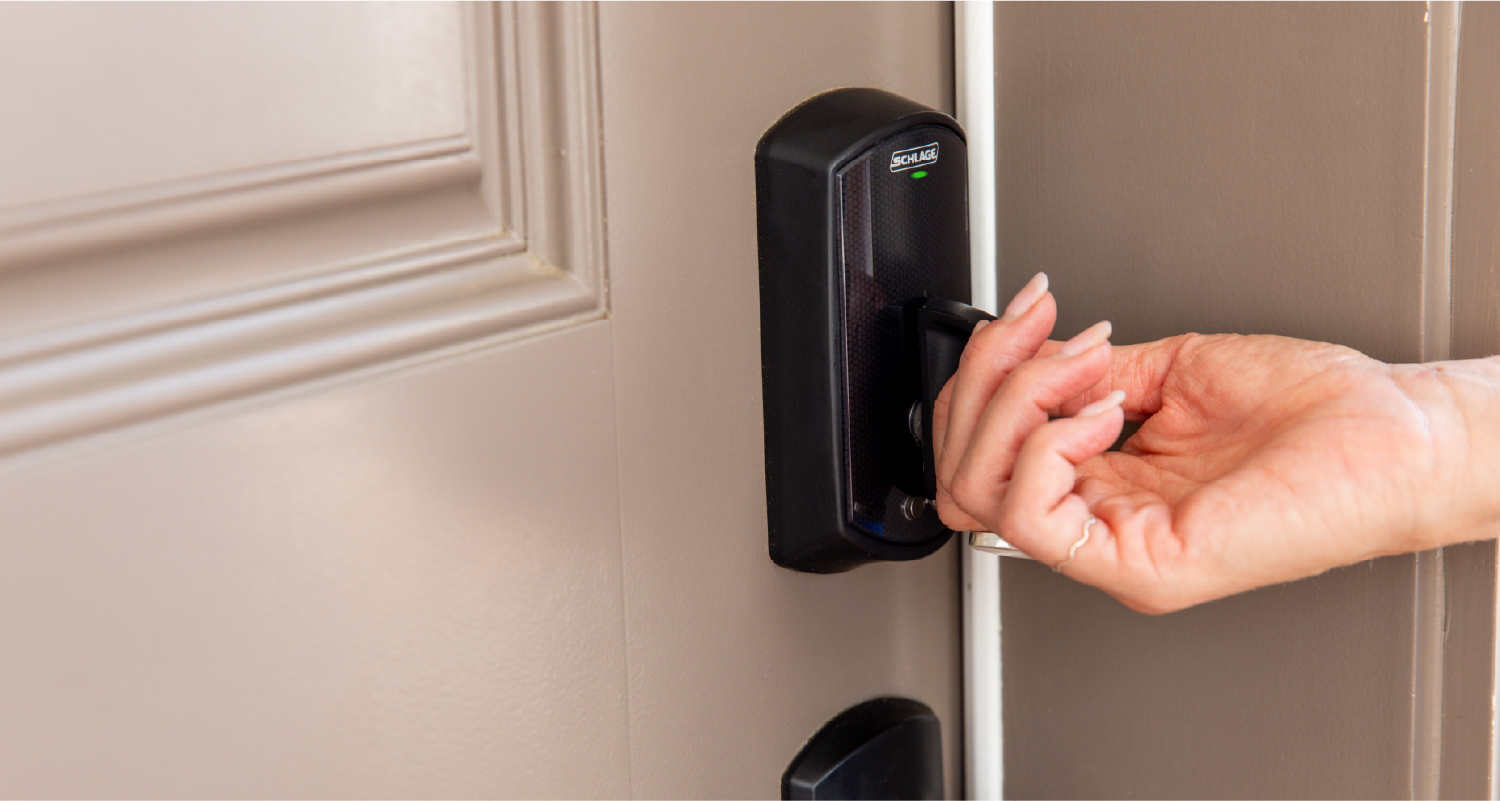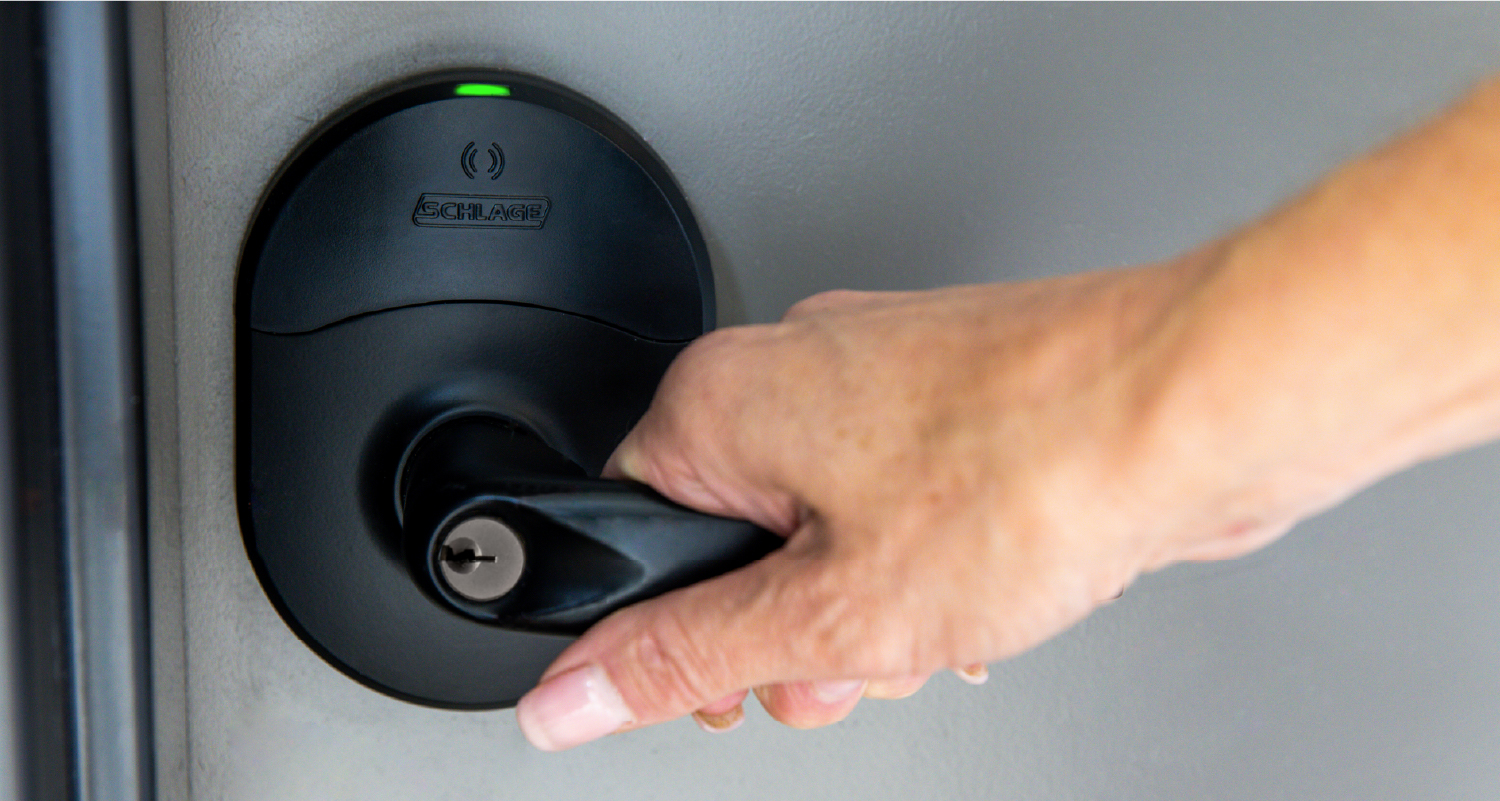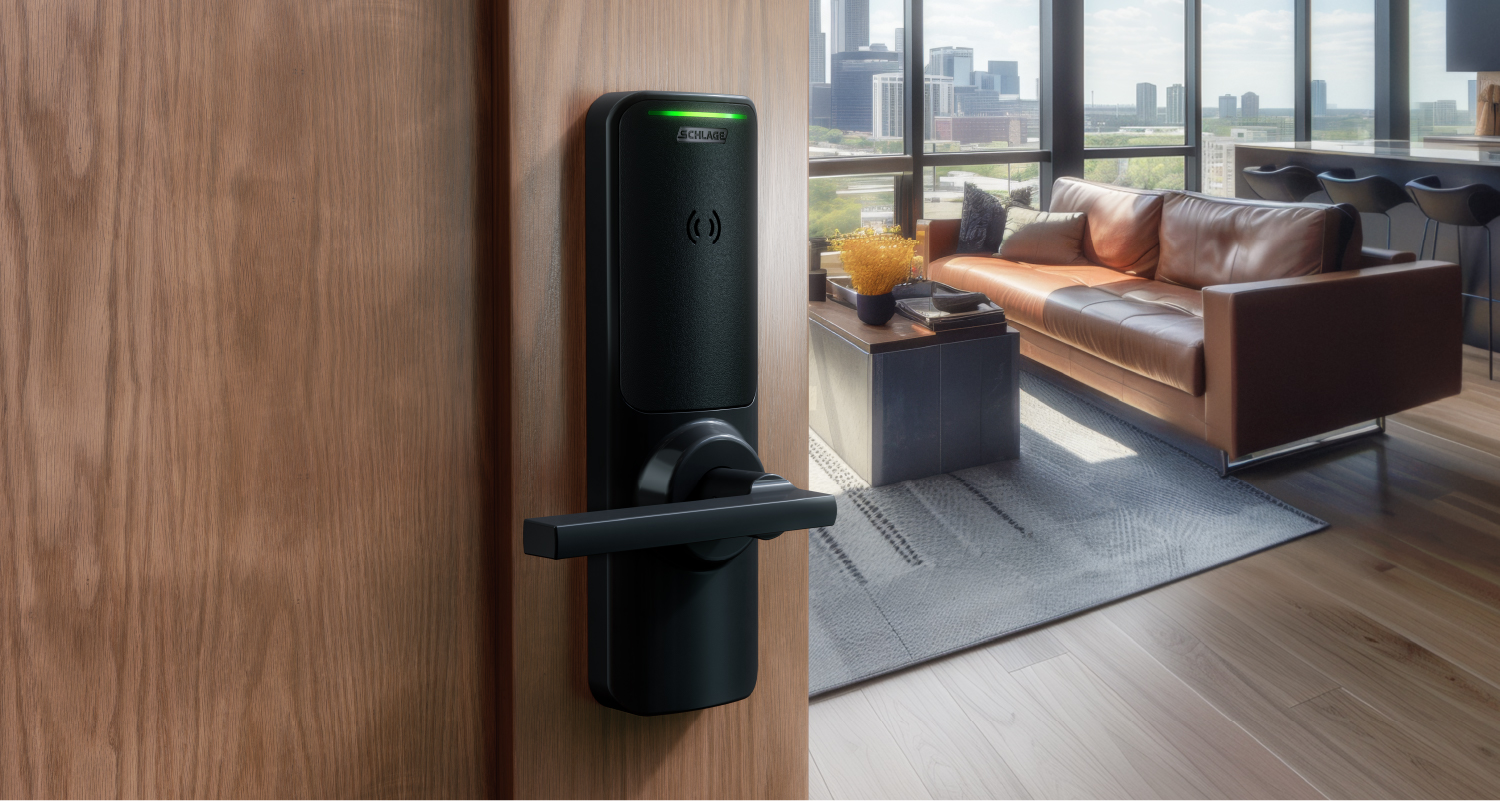Tenant resistance and usability
Myth: Residents won’t readily adopt or understand smart security.
There can be resistance from residents, particularly older ones, who prefer traditional keys over smart locks. Usability issues typically arise from residents not being tech-savvy or comfortable with new technology. Managing resident acceptance and training them on smart lock systems can be significant hurdles.
So, are multifamily residents comfortable using their phone to unlock their door?
Reality: Adoption curves are rising sharply among residents of all demographics. Intuitive smartphone apps, guest-access codes and simple fobs or credentials help make it easy even for less-tech-savvy users. Allegion provides dedicated onboarding support, training materials and quick-reference guides for every product to help both property managers and residents. These resources reduce support requests and boost resident confidence, leading to high adoption rates, including among older residents. The ability to issue temporary guest codes, unlock doors remotely, and avoid the hassle of lost keys or lockouts adds tangible convenience and peace of mind for both residents and staff.
Interoperability and Cross-compatibility
Myth: Smart locks and property technology from different manufacturers can’t work together, forcing properties to commit to a single vendor for all their security and access solutions.
Many property managers believe that once they select a smart lock or access control system from one manufacturer, they are locked into that brand’s ecosystem. This perception creates concerns that future upgrades, integrations with other building technologies, or expansions will be difficult, costly or even impossible if those solutions come from different vendors. A common fear is that a lack of interoperability limits flexibility and innovation, constraining property owners to a single supplier.
So, are mobile enabled locks a good investment for a multifamily property?
Reality: Allegion actively challenges this myth through its commitment to interoperability and open architecture. Through its dozens of Technology Alliances, including multifamily frontrunners like Zentra, Quext and Brivo, Allegion partners with a broad network of leading technology providers, software platforms and hardware manufacturers to ensure its smart locks and access control solutions seamlessly integrate with a wide range of third-party systems.
This open ecosystem approach empowers property owners and managers to select the best solutions tailored to their unique needs, whether that means integrating Schlage XE360 smart locks with different property management software, video surveillance systems, elevator controls or energy management platforms. Because Allegion’s products are built on industry standards and open protocols, they can evolve alongside the property’s technology landscape without forcing costly rip-and-replace scenarios.
By enabling interoperability, Allegion helps property owners future-proof their investments, maximize operational efficiency and maintain flexibility as their security and technology needs change over time. This approach fosters innovation, reduces vendor lock-in and supports a more cohesive, scalable smart building environment.
The evolution of smart security and Proptech has addressed many of the early concerns that once made property owners and managers hesitant to adopt these solutions. Modern systems offer robust security, seamless integration, intuitive and informed usability and interoperability with other building technologies, all while delivering long-term cost savings and increased operational efficiencies. By debunking these myths, it becomes clear that smart locks and Proptech are not only accessible and secure, but also adaptable to the unique needs of nearly any property. Embracing these innovations empowers properties to deliver a safer, more convenient, and future-proof living experience for residents and staff alike.
To learn more about how Proptech can enhance your multifamily property, visit us.allegion.com or request more information from a multifamily expert here.
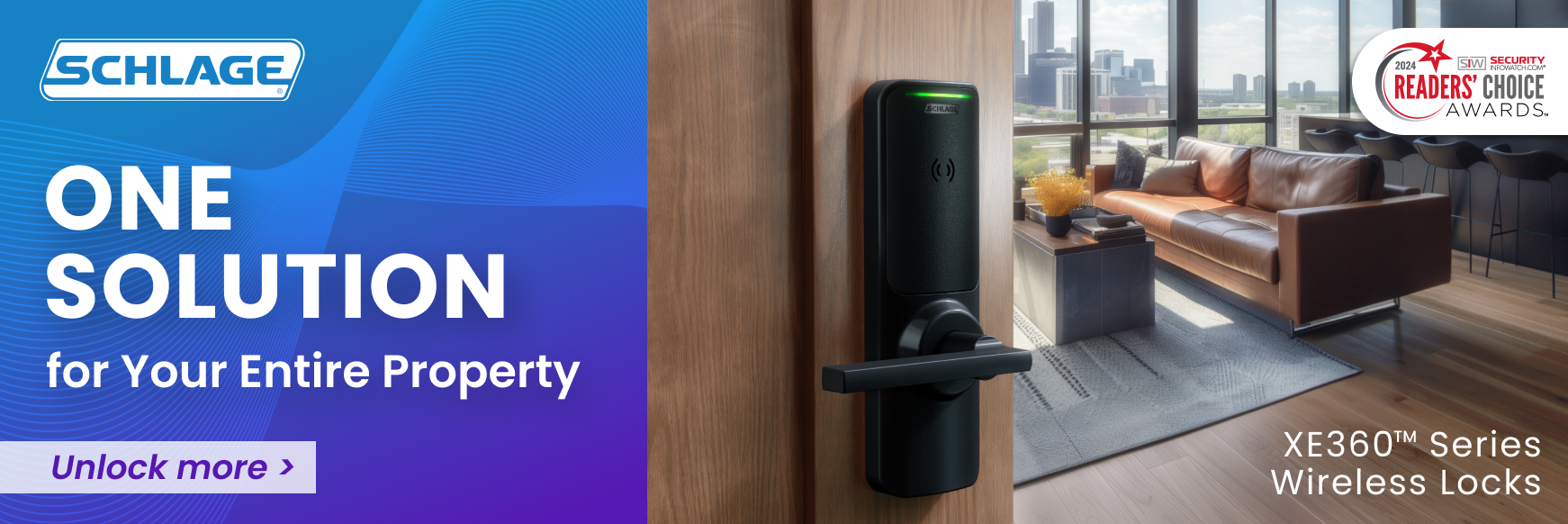 Featured ProductGo beyond expectations with the new Von Duprin 70 Series exit devices. Delivering both performance and value, this solution provides the quality and trust you expect from Von Duprin at a medium price point.
Featured ProductGo beyond expectations with the new Von Duprin 70 Series exit devices. Delivering both performance and value, this solution provides the quality and trust you expect from Von Duprin at a medium price point.